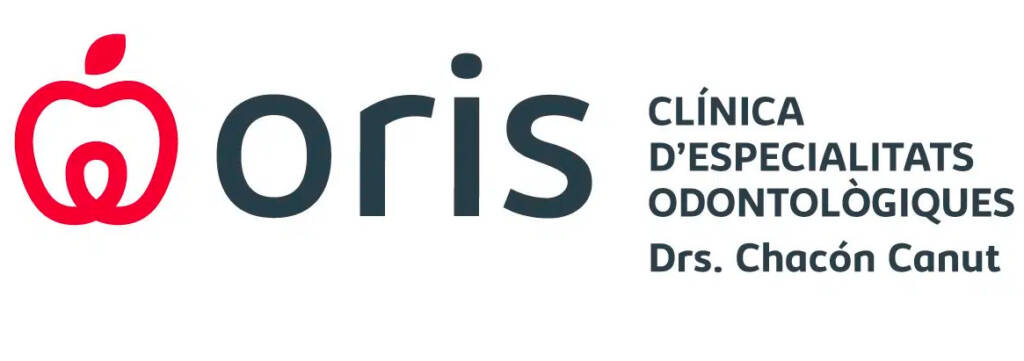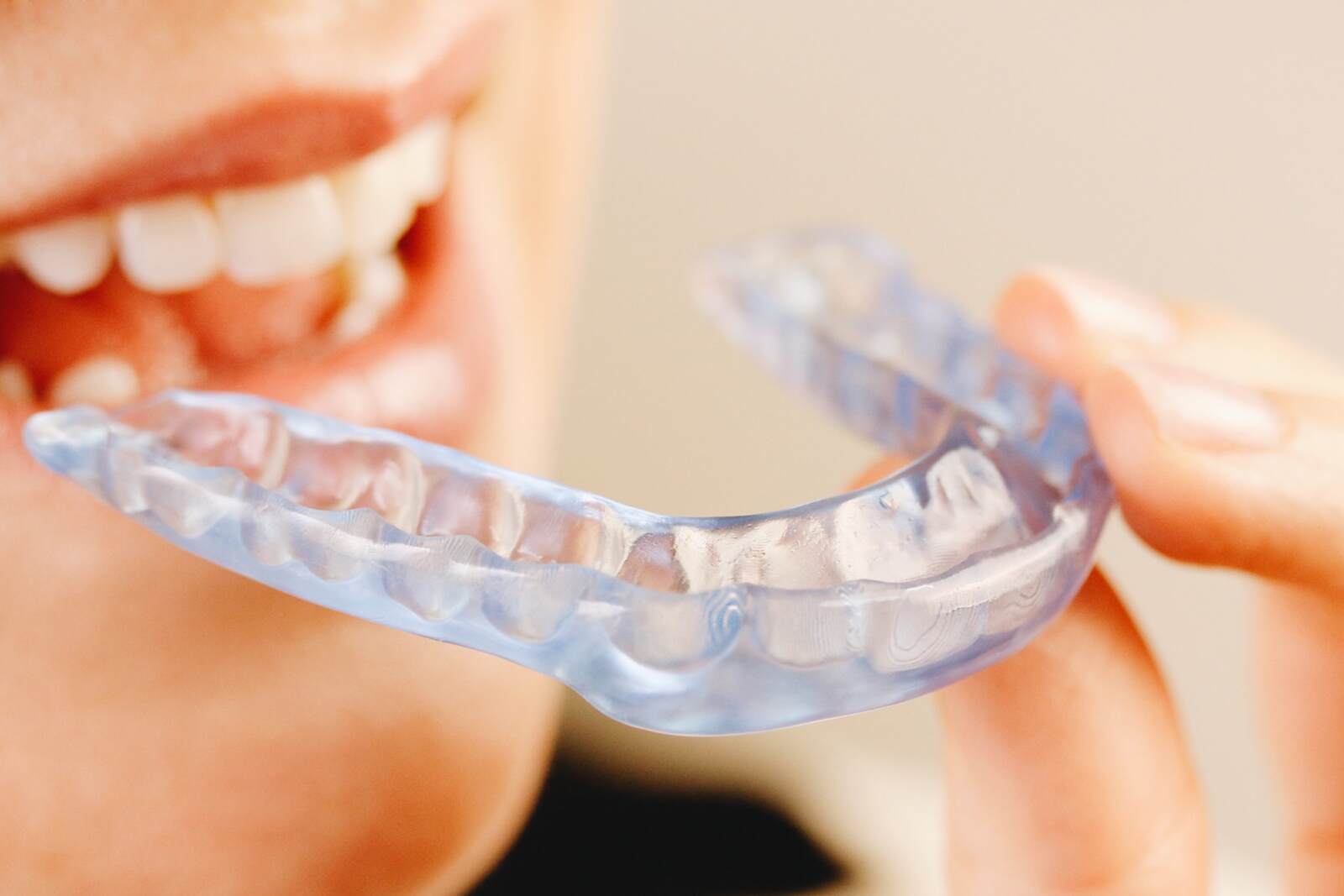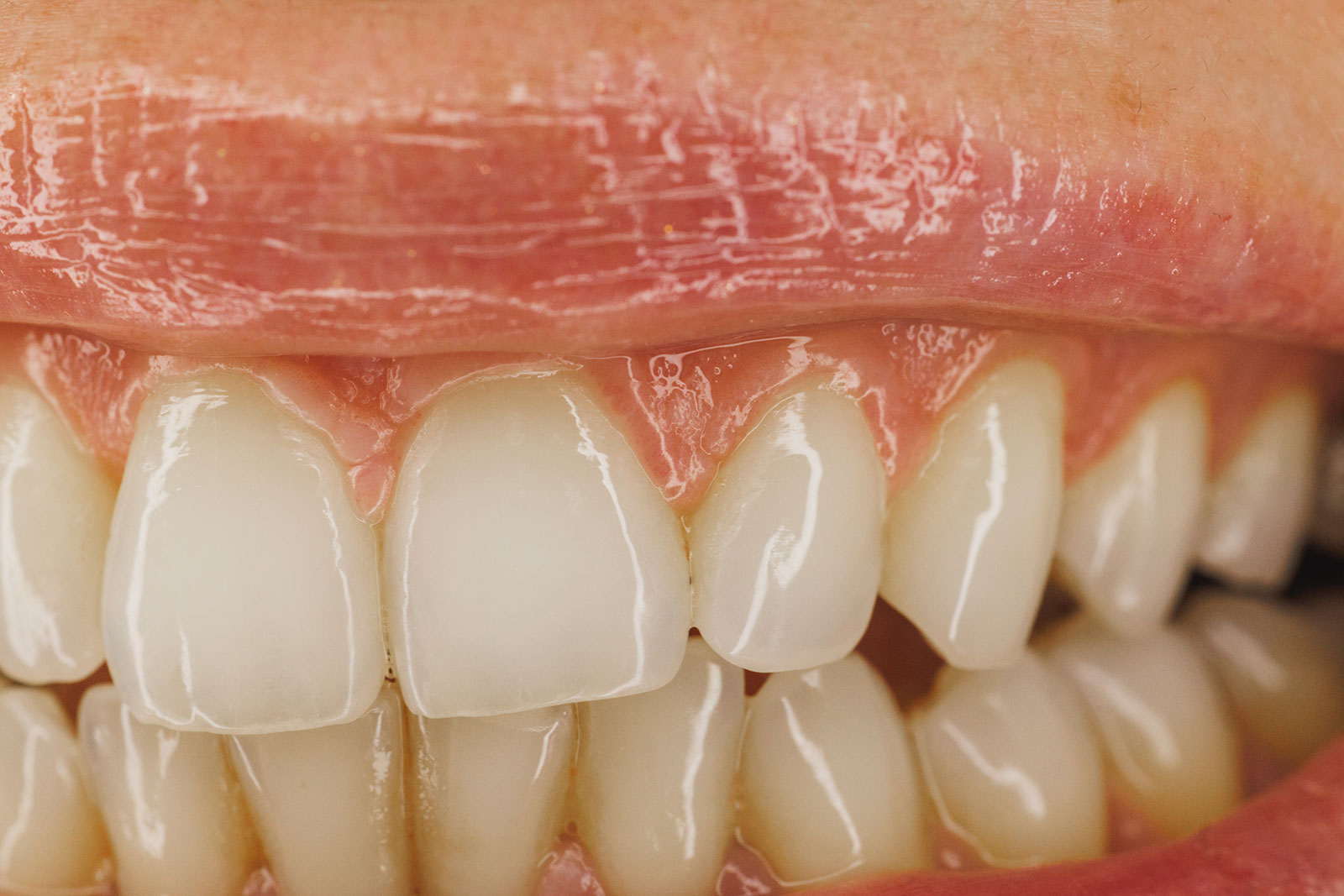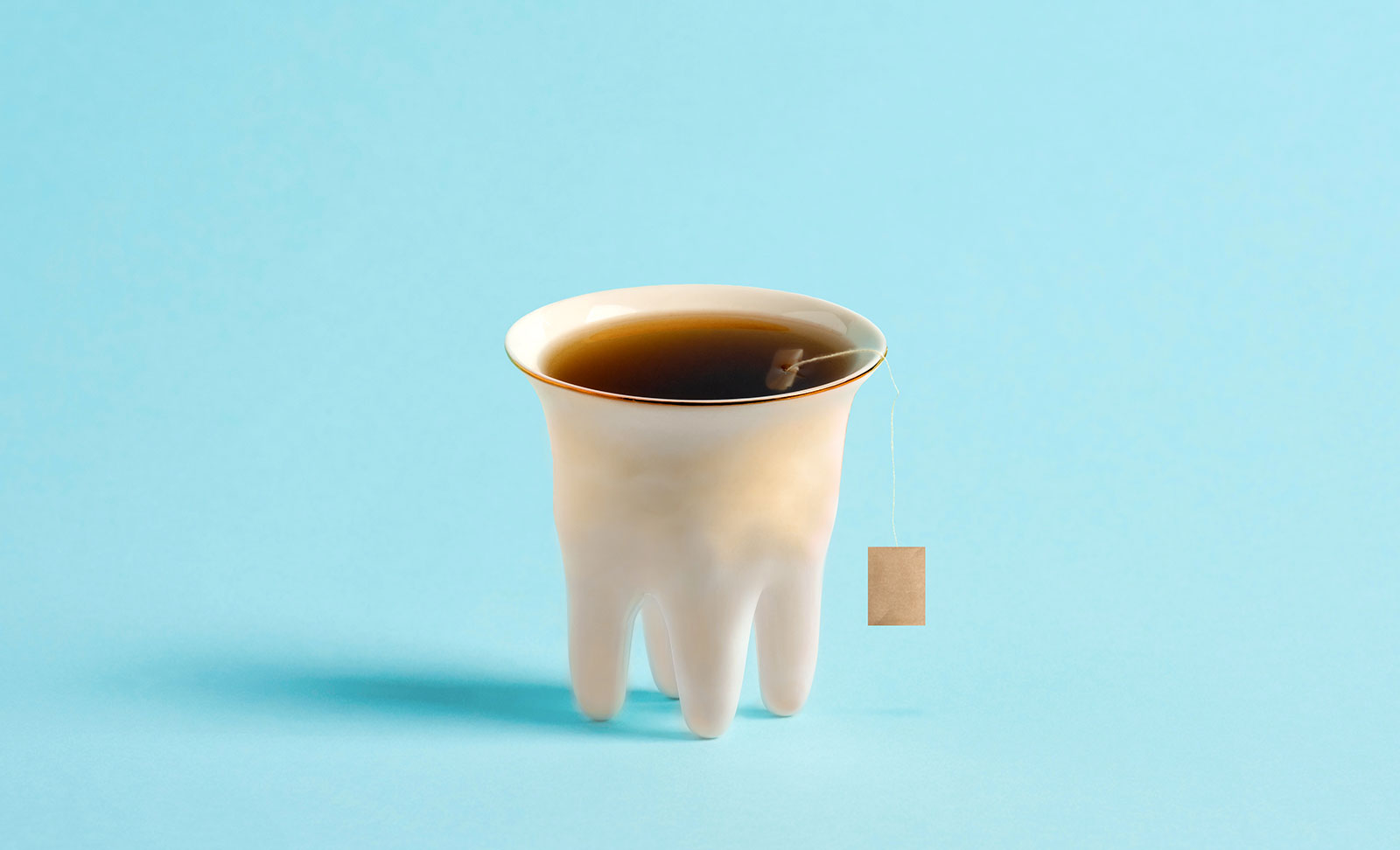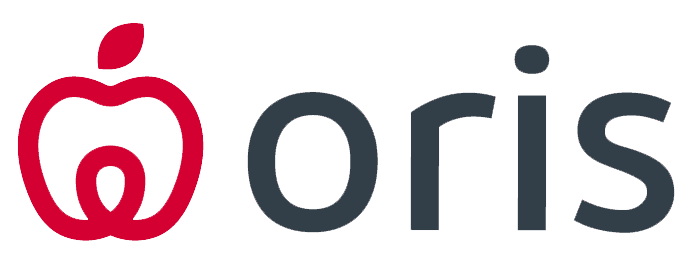If you have a dental emergency, the first thing you need to do is ascertain whether you need to go to a hospital or to a dental clinic. Determining the correct option will save you time, which is crucial in order to be able to solve the problem satisfactorily.
In this post we’ll explain where you need to go in the event of a dental emergency, and provide information to help you decide whether you need to go to a medical center immediately or whether you can wait a few hours.

When do I need to make an emergency visit to a dental clinic?
In the majority of cases it is not necessary to make an emergency visit to the dental clinic; all you need to do is to call your dentist and schedule an appointment for later that day or the following day. However, some situations do require urgent attention, regardless of the time or what day of the week it is (Saturday and Sunday included). For example: if you have suffered a blow to your mouth (traumatic injury) and a tooth has broken (whether fully or partially); if the tooth is loose; or if you are in extreme pain. If you find yourself in any of these situations and you need a dentist, you can contact the emergency service at Oris Dental Clinic.
In such cases, it is important that you go to a dental clinic and not to a hospital, because the hospital will not have the appropriate instruments to treat your problem. However, there are some emergency situations in which you should go to a hospital, rather than a dental clinic: we explain these situations below.
When do I need to make an emergency visit to a hospital?
The following dental emergencies must be treated in a hospital and not at a dental clinic:
- Fracture or dislocation of the lower jaw (mandible).
- Intense pain in the mouth, combined with difficulty breathing or swallowing solids or liquids.
- Wounding to the soft tissues of the mouth, lips, tongue, cheeks or face (e.g. as a result of an accident).
- Dental abscesses (accumulation of pus in the gum) or severe infections that impede your breathing.
When do I need to make an immediate (but non-emergency) visit to the dentist?
The vast majority of cases do not require an emergency visit, whether to a dental clinic or to a hospital. However, there are cases in which you should call your dentist immediately in order to schedule an appointment for later that same day or the following day.
Below, we list the situations in which you should call your dentist immediately in order to schedule an appointment:
- If your teeth hurt when you eat food that is hot, cold or sweet.
- If your teeth suddenly cause you pain, without any apparent reason.
- If you suffer a severe blow to the mouth, although your teeth are not broken or loose.
- In general, if you are suffering from severe toothache, whether as a result of caries or an abscess. A visit is necessary in order to rule out serious pathologies.
- If you have a cap and it becomes loose, you must schedule an appointment with your dentist immediately in order to prevent your teeth from being damaged.
- If your gums bleed slightly.
- After a tooth extraction (exodontia), if the site of the extraction is bleeding for longer than usual.
- If you are having orthodontic treatment and, for whatever reason, the apparatus has broken.
- If a filling or crown falls out.
Dental emergencies for children
Children are another factor to bear in mind when it comes to dental emergencies, as some clinics specialize in pediatric dental treatment while others do not. It is important to take this into account in order to make sure that your child can be treated by a pediatric dentist (for example).
If you would like to arrange dental treatment for your children, at Oris Dental Clinic our team includes leading pediatric specialists, and we boast the most advanced equipment for the provision of pediatric dental treatments. You can schedule an appointment by contacting us via WhatsApp, through our website, or by calling us.
Artículos relacionados
Comprehensive oral health, Restorative dentistry
Comprehensive oral health, Restorative dentistry
